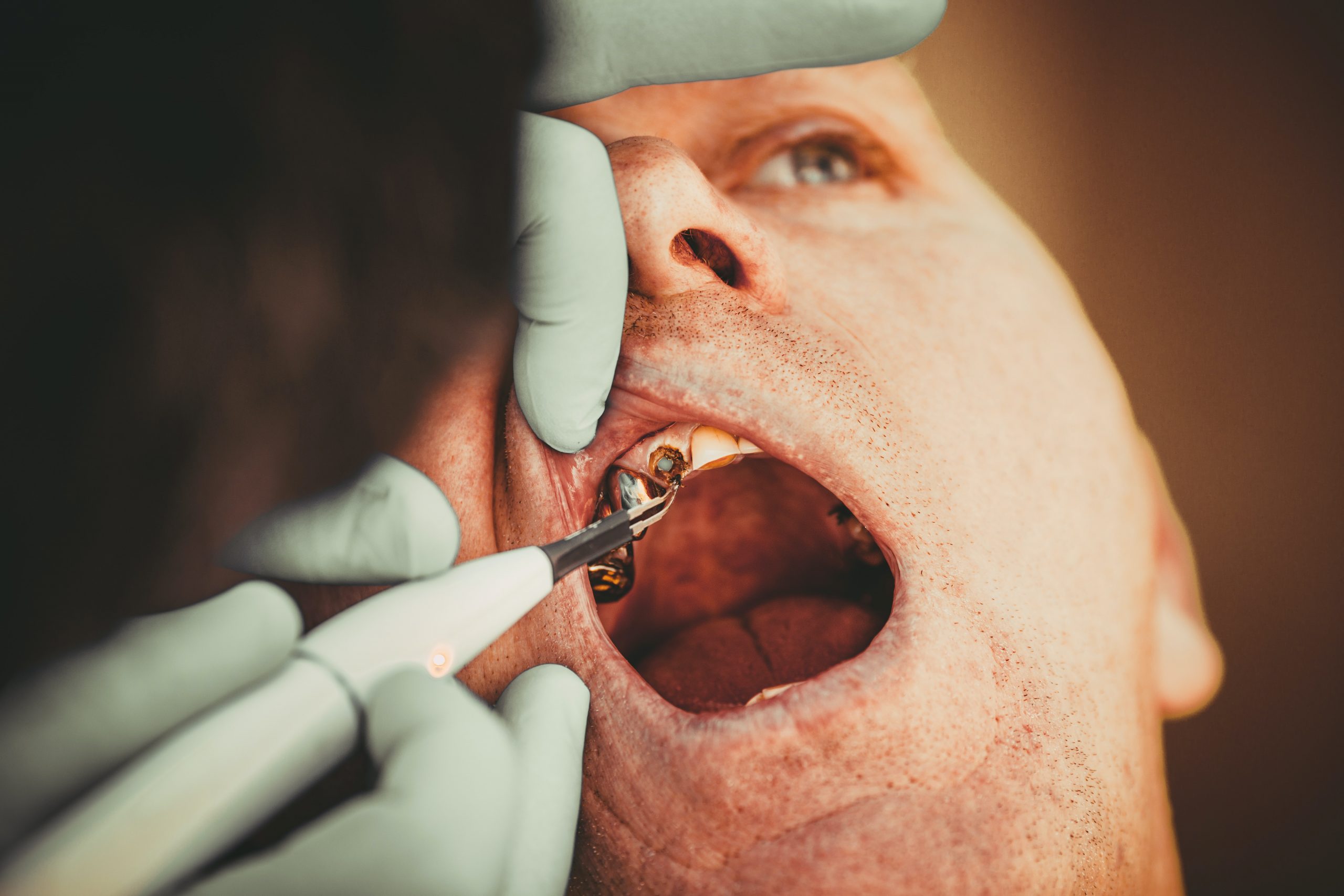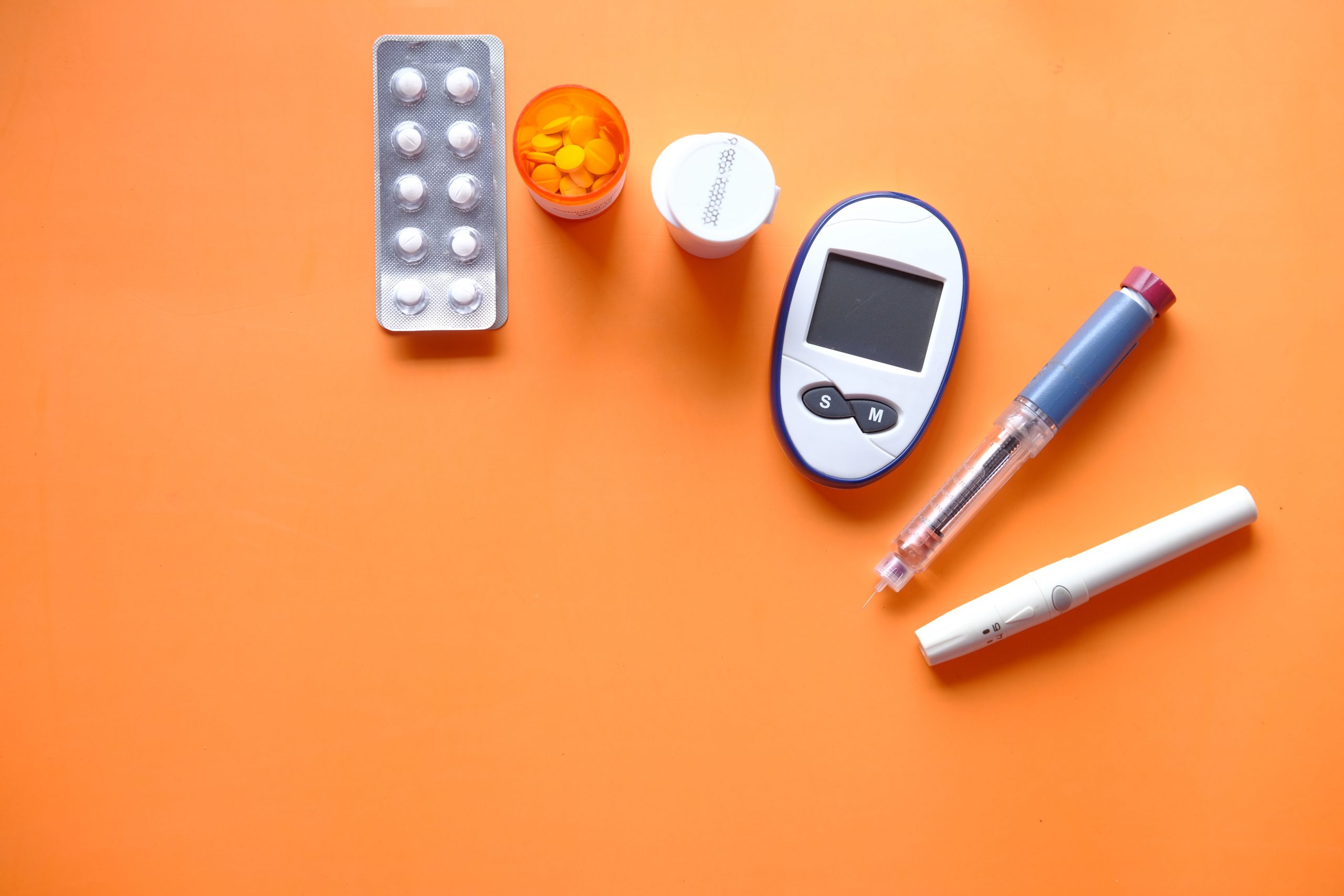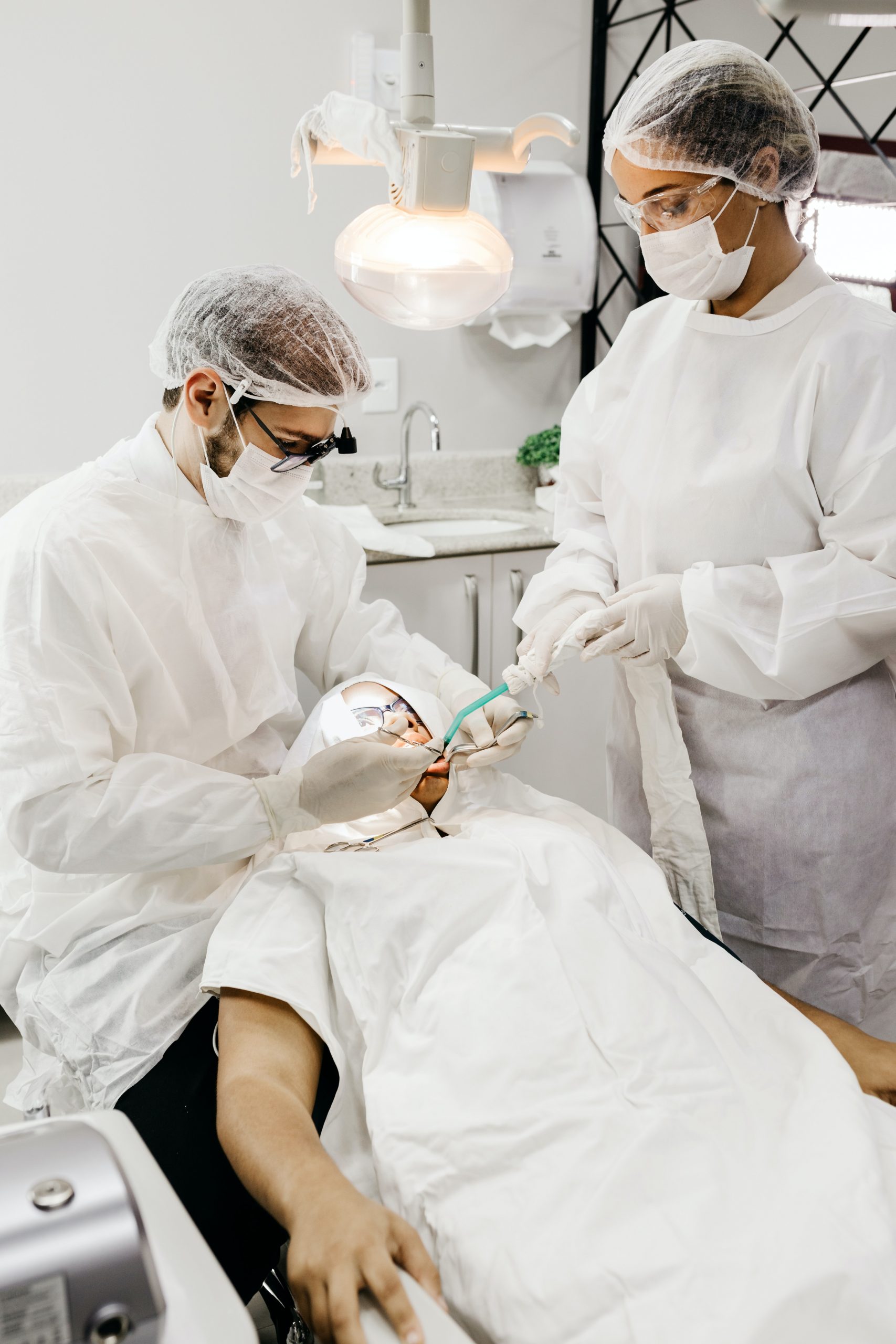
How Does Menopause Affect Oral Health
Menopause is a very common thing in elderly females. It occurs when a woman stops having menstrual periods for 12 consecutive months, indicating the end of reproductive years. While menopause brings many changes to a woman’s body, including hot flashes, mood swings, and weight gain, manopause affect oral health in several ways. This will explore how menopause affects oral health and what women can do to maintain healthy teeth and gums during this period.
Hormonal Changes on Oral Health
During menopause, the body’s hormone levels fluctuate significantly, resulting in several oral health changes. Estrogen is a hormone that plays a critical role in maintaining oral health. Reduced estrogen levels during menopause can cause dry mouth, which can lead to bad breath, tooth decay, and gum disease. Dry mouth can also cause difficulty swallowing, speaking, and eating. It is crucial to drink plenty of water and avoid caffeine, alcohol, and smoking to maintain adequate moisture levels in the mouth.
Gum Disease
Gum disease is one of the most common oral health problems during menopause. The hormonal changes in menopause can cause the gums to become inflamed, red, and swollen, making them more susceptible to gum disease. Gum disease can cause bleeding gums, sensitive teeth, and eventually tooth loss if left untreated. Regular dental checkups and cleanings can help prevent gum disease and catch it early if it does occur.
Osteoporosis
Osteoporosis is a common condition that affects women during menopause. It causes bones to become brittle and weak, increasing the risk of fractures. Osteoporosis can also affect the bones in the jaw, causing tooth loss and other oral health problems. Women can reduce their risk of osteoporosis by consuming a calcium-rich diet and taking calcium supplements.
Oral Cancer
Oral cancer is a severe condition that can occur at any age but is more common in menopausal women. Hormonal changes during menopause can affect the immune system, increasing the risk of oral cancer. Women should check their mouth regularly for any unusual lumps, sores, or discoloration and seek immediate medical attention if they notice any changes.
Conclusion
In conclusion, menopause can affect oral health in many ways, including dry mouth, gum disease, osteoporosis, and oral cancer. It is essential to maintain good oral hygiene by brushing twice a day, flossing regularly, and visiting the dentist regularly for checkups and cleanings. Women should also eat a healthy diet rich in calcium, stay hydrated, and avoid smoking and excessive alcohol consumption. By taking these steps, women can maintain healthy teeth and gums during menopause and beyond.











